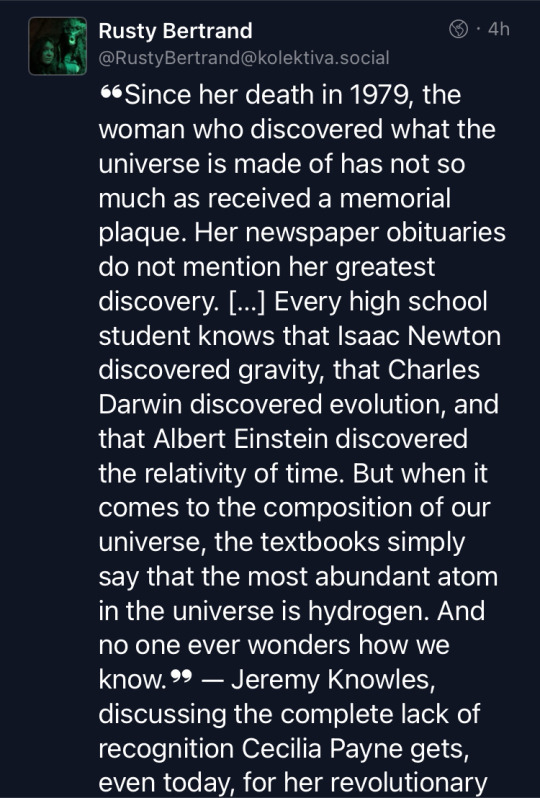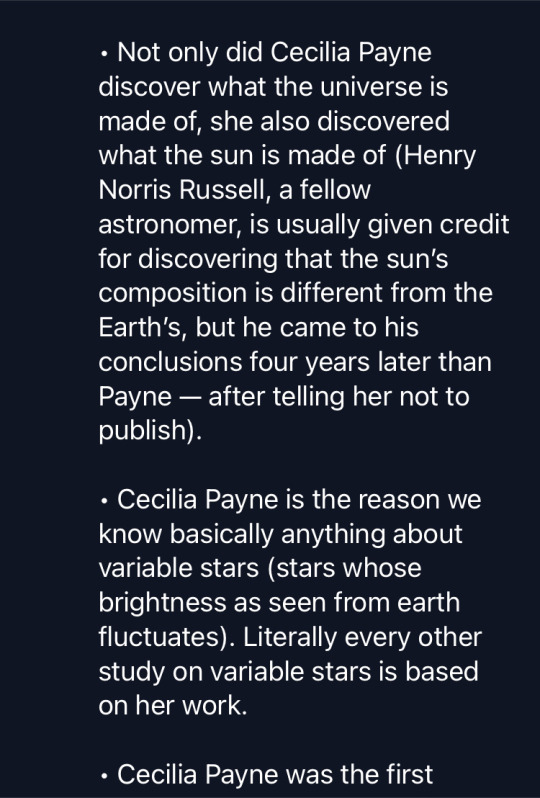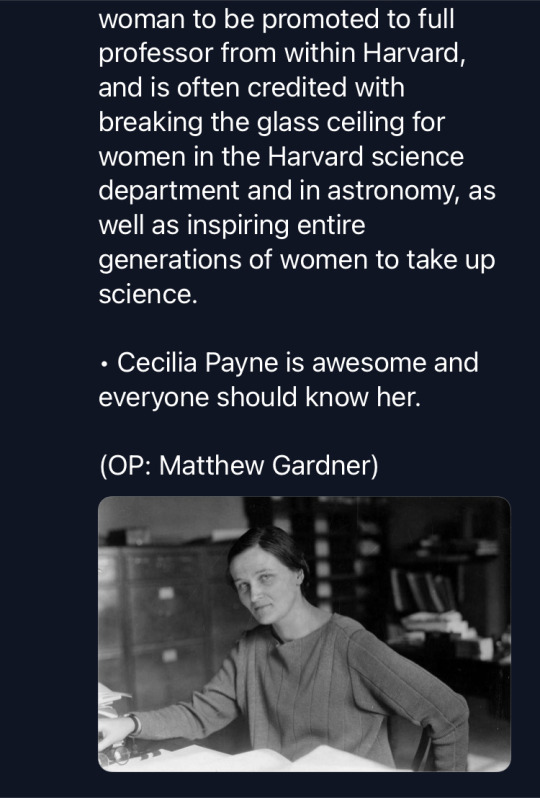#mastodons
Explore tagged Tumblr posts
Text

From last October. The pods were still hanging on the honey locust tree because the large Ice Age mammals that used to eat them and spread the seeds just never come around anymore. I read but haven’t tested it that the stuff inside the pods around the seeds is sweeter than honey (not recommended b/c I don’t know if it’s toxic). Somebody back in the Pleistocene had a sweet tooth and it seems to be mastodons. Remnants of these pods have been found in their manure. And the huge thorns and spines at a certain height on the trees? They were to discourage mastodons from pushing the whole tree over to get the pods just out of reach! Now you know.
#pennsylvania#landscape#october#plants#trees#honey locust#autumn#anachronistic seeds#gleditsia triacanthos#mastodons#I grew up near this tree#I never saw any mastodons#do they miss the mastodons?
1K notes
·
View notes
Text
Time Travel Question 61: Middle Ages and Much Earlier
These Questions are the result of suggestions from the previous iteration.
This category may include suggestions made too late to fall into the correct grouping.
Please add new suggestions below if you have them for future consideration.
#Time Travel#Mastodons#Megafauna#Triceratops#Dinosaurs#Pre-History#Dimetrodons#Saber-toothed Cats#Smilodon#Chinggis Khan#Genghis Khan#Mongols#Temüjin#Mongolian History#13th Century#Medieval History#Middle Ages#Athens#Ancient World#Canaanites#Ancient Religions#History of Religion#West Asia#Denisovans#Homins#Paleolithic#Prehistory#The Ghana Empire#Ghana#Ghanata
326 notes
·
View notes
Text

“There was this idea that humans arrived and killed everything off very quickly — what’s called ‘Pleistocene overkill,’” said Daniel Odess, an archaeologist at White Sands National Park in New Mexico. But new discoveries suggest that “humans were existing alongside these animals for at least 10,000 years, without making them go extinct.”
#I’m in the wrong timeline#pleistocene#prehistoric animals#giant sloths#mastodons#woolly mammoths#horses#glyptodons#lestodons#sabertoothed cats#toxodons#tflo
8 notes
·
View notes
Text

Mammoths and mastodons are both extinct ice-age megafauna, distantly related to today's elephants. The mammoth eats grass, and its teeth are flat to allow crushing the vegetation. The mastodon has a series of high bumps on the teeth to allow it to eat browse such as twigs. Mammoth remains are found predominantly on the plains, and mastodon predominantly in the eastern woodlands. However, the La Crosse area has remains of both species, suggesting that the vegetation here at the end of the ice age was a mosaic of both grassland and woodland that could support both species.
Photo: Single tooth from: Left-mammoth, right-mastodon. The mammoth tooth is fragile and some of the tooth is broken, exposing the deep tooth enamel. Mammoth lose their teeth as they are worn down, and new ones emerge to replace them.
For more information about mammoths and mastodons visit MVAC’s video at: https://www.uwlax.edu/mvac/educators/archaeology-terms/?letter=m&term=164813
15 notes
·
View notes
Text




48K notes
·
View notes
Text
So there's the idea of "kitchen table poly," AKA "everyone in the polycule needs to be able to sit at a kitchen table together and get along like friends."
One of my roommates just came up with a counter idea, which is "poker table poly." Everyone in the polycule must be enemies. No one is allowed to get too chummy or they're kicked out. They all also likely owe eachother money.
#nz.txt#someone on Mastodon replied to this with ''this is just Homestuck'' and...yea ur right#textpost#shitpost#polyamory#100#500#1k#5k#10k
22K notes
·
View notes
Text
i've been on tumblr since 2009 and we do the "this website is getting shut down" panic every few years like clockwork but no matter how much anyone plugs their bluesky (and i like bluesky! i have one!) there is simply no socmed platform that replicates tumblr in the way that i enjoy using it. nowhere else can i trade 10k word posts back and forth between strangers who are just as obsessed with something as me. they'll have to carry me off this platform feet first.
#i like bsky i like mastodon i like discord i like texting my friends i like all these things#but it's not the same.
7K notes
·
View notes
Text









#trump#election 2024#us politics#privacy#social media#element#signal#mastodon#lemmy#bsky#bluesky#encryption#tor#tailsos
4K notes
·
View notes
Text

Daughter of Darkness
More of the series: Wyll | Gale I Karlach I Lae'zel I Astarion
#wips and sketches as usual on my bluesky or mastodon#digital art#digital painting#portrait#artists on tumblr#bg3#bg3 shadowheart#shadowheart#baldurs gate 3#baldurs gate fanart
1K notes
·
View notes
Text
[Image Description: artwork depicting a mastodon standing beside a pond in a coniferous forest. End image description.]

Mastodon Americanus by Charles R. Knight. 1907. From Terra: The Member's Magazine of The Natural History Museum of Los Angeles County. Volume 25, No. 2. November/December 1986.
Internet Archive
151 notes
·
View notes
Text
Speculative Creative Nonfiction
Nonfiction is not made up, right? But I wanted to wander off into my imagination while writing this essay and this is the result, just published in Sentience Literary Journal: “Mastodons, Mammoths, and Morula” by Cheryl Merrill
View On WordPress
1 note
·
View note
Text




Results from the Flocking #paleostream!
Vesperopterylus, Mammut americanum, Umoonasaurus and Dsungaripterus.
732 notes
·
View notes
Text

Early Bird
Patreon • Ko-fi • BlueSky • Instagram • Prints & Merch
1K notes
·
View notes
Text

Yui Sakamoto (Japanese, 1981-2024) - Untitled (2022)
3K notes
·
View notes
Text

11K notes
·
View notes
Text













M is for...?
All of the M names in my Paleo Party Cenozoic section! I have so many M names, I had to split them up into a few parts! Are there any I'm missing? (The Maned Wolf is often called a Living Fossil, so therefore they fit into the paleo party still. They are not extinct, no one panic)
Stickers || Phone Wallpapers Masterlist
#art#my art#paleoart#paleontology#science#illustration#maned wolf#moeritherium#megacerops#megaloceros#megalonyx#megalodon#micromeryx#mammoth#mastodon#megalania#merychippus#macrauchenia
590 notes
·
View notes